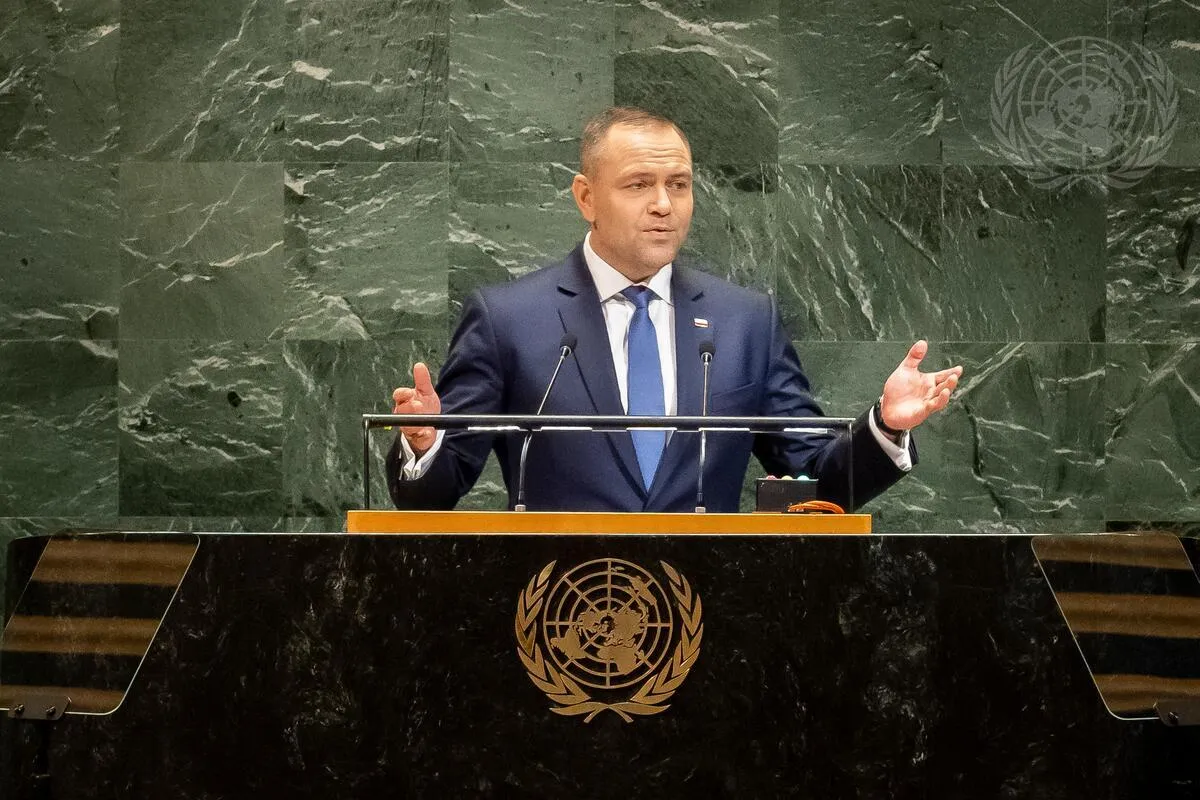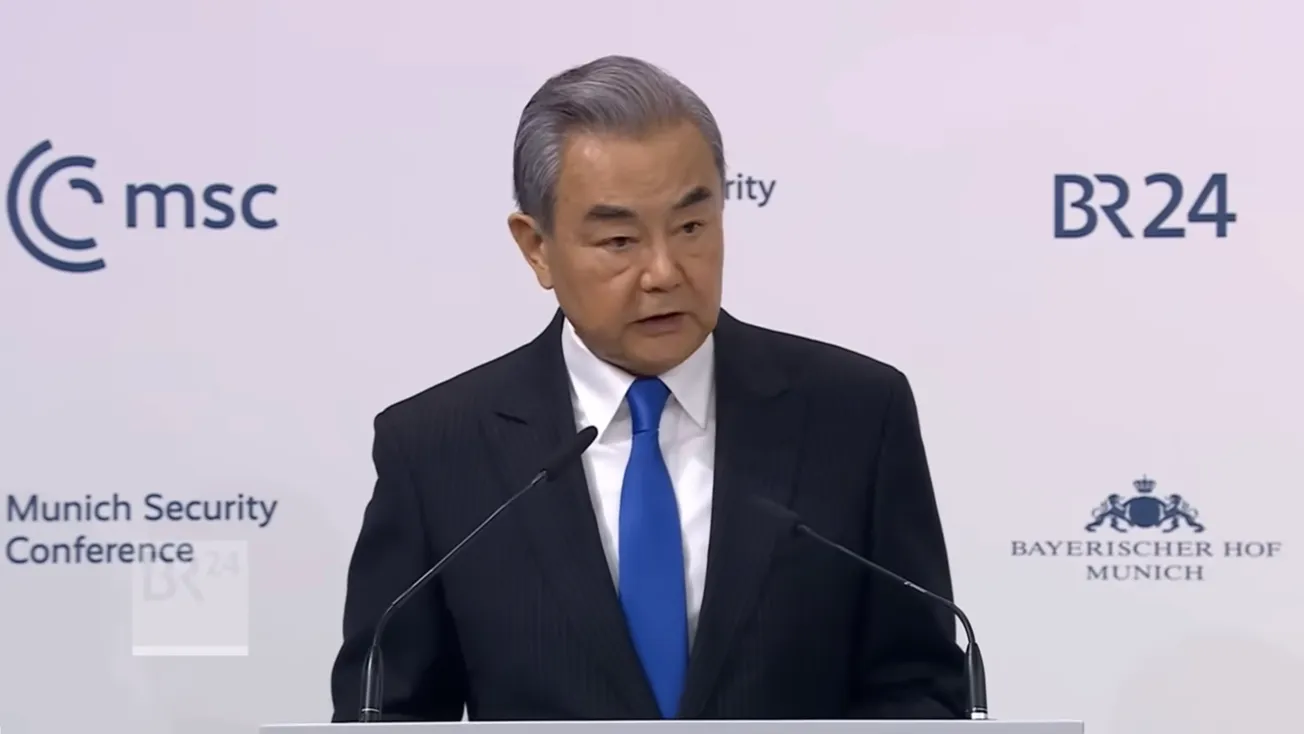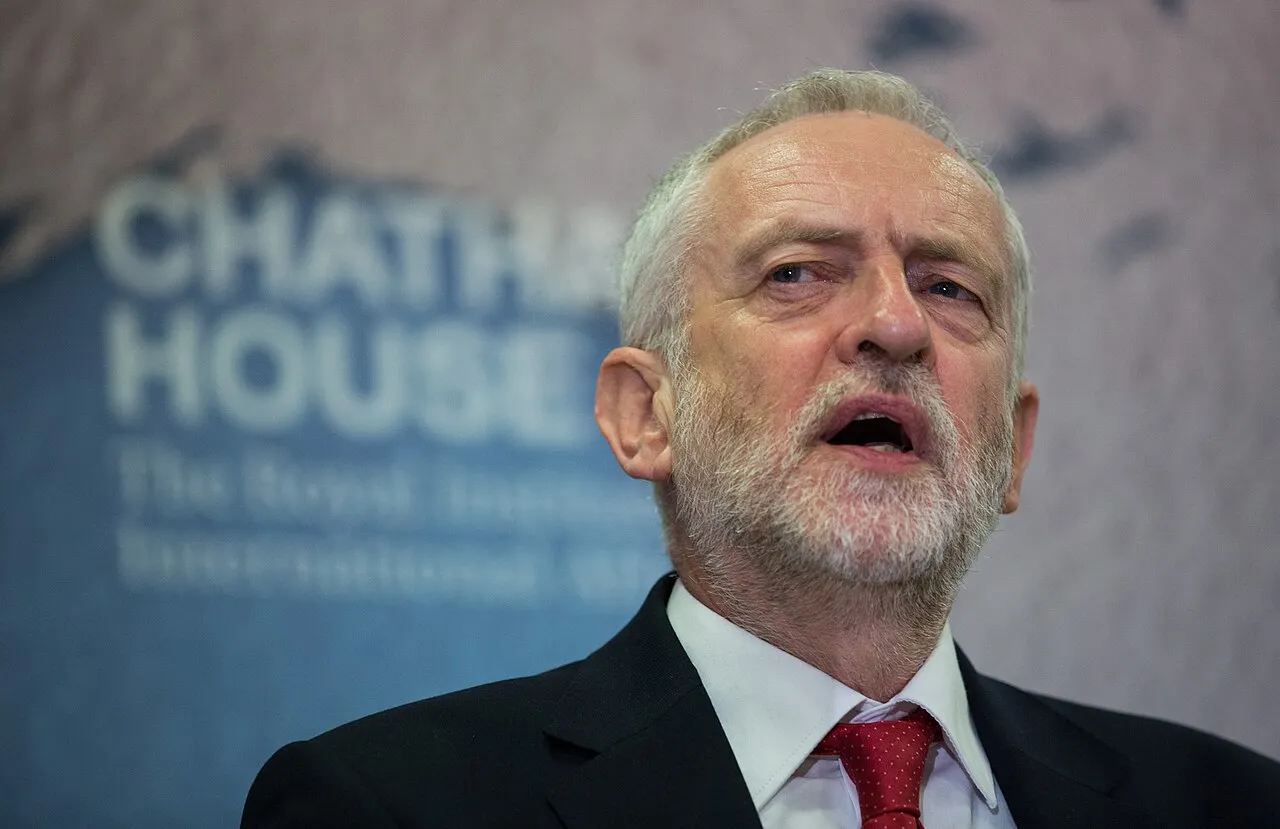This morning on the Third Panel of this weekend’s Schiller Institute’s international conference, an array of 12 specialists in medicine, public health, logistics, military, and agriculture conferred to discuss the present pandemic and world hunger crisis from the point of view of taking action. The urgency of action was presented by two messages. From Sana’a, Yemen, Fouad Al Ghaffari reported how the situation for 30 million people is impossible without immediate aid. “The famine is a war crime.” From South Africa, Ramasimong Phillip Tsokolibane, speaking for the continent, said “Death stalks the planet.” He said that there must be a global mobilization of food and medical care, or “hundreds of millions of people are as good as dead. Africa does not need sympathy. Africa needs bold action.”
In June, Helga Zepp LaRouche had issued a call for action, given the mass scale of the pandemic and food shortage situation, and the lack of full-scale government or global institutional response. She put forward the idea of acting under the “Coincidence of Opposites” concept of the Renaissance leader Nicholas of Cusa, which mandates thinking and acting on a level higher than the apparent opposing factors and parties involved. Two speakers on the panel addressed this concept explicitly: Jason Ross and Daniel Burke, who spoke on “Cusa’s Method.”
Since June, an initiating group formed and issued a statement inviting others to join in getting such action going as soon as possible. The proposal is to launch one or more pilot projects involving such things as U.S. medical care specialists delivering care and training at points of need in Africa, or elsewhere, including the training of local and also American youth. There is the idea of U.S. farmers collaborating on providing food and training, and the U.S. military, which has experience on a smaller scale with such emergency deployments. Such initiatives, at the same time as having an immediate, direct effect, also draw attention to the necessity of rectifying the inadequate, privatized health care and agriculture systems in the U.S. and other nations.
Helga Zepp-LaRouche today said at the close of the discussion, “We have the solutions, we need implementation.” All that is needed is “marching orders.” Referring to the expertise among the speakers, she said that “The potential to solve things is on this panel. They can turn this into a political force” that can make all the difference in getting the urgent policy response needed to the crises.
This point was emphasized by three special messages, on the need to activate. A video clip was shown from a past conference perhaps 20 years ago, in which Lyndon LaRouche responded to Jozef Miklosko, speaking of the role of an active leader, who gets everyone moving—from the troops in the barracks, who will otherwise be shooting dice, or the local neighborhood, where people will be otherwise gossiping, and worse. He said, look at the sermon Christ gave when threw the money-changers out of the temple. That’s what to keep in mind. Get moving. Get people out of their degraded daily rounds of gossip and degraded pursuits. Get them moving on poverty, on hunger and all. After all, LaRouche said, “You have plenty of time to rest after you’re dead. Keep moving, and involve people in the process….”
Zepp-LaRouche stressed two points of action: First, there must be a change of policy away from viewing health care and food as categories of activity to be privatized and cartelized, and just treated as an opportunity for profits. Secondly, there must be immediate aid, given that 30 million people face starvation over the next four months. This situation defines what one or more pilot projects can address, to create the environment for large-scale response. Such an initiative can be used as an organizing tool to provoke, induce and back-up action by governments, and agencies such as the World Food Program and World Health Organization. Look at groups in action, such as the farmers on the streets again in Germany, with their tractors decorated for Christmas, and hundreds of thousands of farmers in India, making the point that the cartel food system must stop. People must eat.
Jocelyn Elders, former Surgeon General, spoke out strongly for action, saying that we should “invent a new coincidence of opposites,” and stressed that she does not mean a one-world public health system, but the kind of system where a breakthrough in one country will be shared by all. She encouraged people, facing today’s terrible crises, by referring to an image used by Dr. Martin Luther King, Jr., saying that today’s “dialogue will carve a stone of hope out of a mountain of despair,” and people should get moving.
Two panelists addressed the role of the military in delivering aid, and related contributions. Maj. Gen. Peter Clegg (USA, ret.) said that the military has the logistics capabilities for short-term, emergency deployments, and also for work on many “worthwhile projects to meet unmet needs.” However, the military is designed to defend the country, so we can’t expect the military as such to solve certain problems, but to respond to emergencies. Plus, “an international commitment” is what we need, he said. Clegg himself was involved in U.S. Army deployments in medical work in “multiple small projects, which were not just do-gooders, but for training purposes.”
Clegg stressed training, and related aspects of benefits to youth engaged in this kind of work, in what he called the “ancillary” benefits of military deployments in projects. He pointed out that the U.S. has not had a draft since 1973, and young people have had a lessened sense of duty, and a heightened sense of “rights.” They have not had the experience of “behaving yourself,” and “reporting to the boss,” and discipline. He regards the Peace Corps as a model. But we should think of the benefits of service for people in what we plan. He reviewed the benefits to the nation of the Civilian Conservation Corps and Works Projects Administration under Franklin Roosevelt in this regard.
Dr. Walter Faggett, currently Professor of Family Medicine at Howard University, also addressed what the military can do. In the 82nd Airborne, he himself had served in Grenada, Korea and elsewhere, and in the Caribbean had experience working with the civilian community. He also trained civilian teams at Ft. Sam Houston, Texas. He pointed to the military contribution in fighting the H1N1 pandemic, and the Ebola epidemic in West Africa. He said that among the many lessons to be learned from there are how to have mobile systems to serve communities. The interface on those missions for West Africa included youth from America, through Howard University and George Washington University.
Dr. Khadijah Lang from California, continued Dr. Faggett’s theme. She is a leader of the National Medical Association, which has 50,000 members. She said that the mobile health unit is a key component of providing medical assistance, and also training of nurses and other staff. She described the importance of the “Ebola brigades and battalions of well-trained people.” She reported on many countries of Africa where teams worked from historically Black colleges in the U.S.
The texts and transcripts of many of the speeches are in this briefing. Watch the full panel here: https://www.youtube.com/watch?v=ts3pLWoledE&feature=emb_logo








